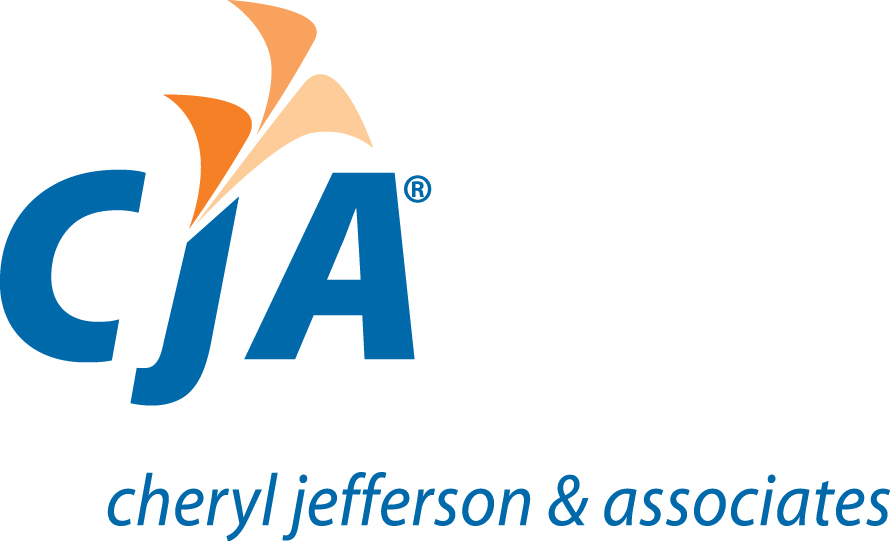Firm Fixed Price Contracts Federal Acquisition Regulations (FAR) 16.202-1 describes a firm fixed price contract (FFP) as a contract which “provides a price that is not subject to any adjustment on the basis of the contractor’s cost experience in performing…
Read MoreContract Related Assets and Liabilities
Contract Related Assets and Liabilities There are several situations that give rise to contract related assets and liabilities when working with the government. According to section 912-310-25 (page 14) Recognition of the Financial Accounting Standards Board’s (FASB) accounting standards, receivables…
Read MoreUnallowable Cost Events
Unallowable Cost Events Unallowable events can seem harmless enough, but are they really? What is the real impact of unallowable events for government contractors? Before delving into the impact, let’s take a quick review of what is meant by the…
Read MoreBudget for PBR’s and Price Proposals
Why Budgets are Important for PBR’s and Price Proposals Part 2 of a 2-part series Provisional Billing Rates and the Budget Provisional Billing Rates (PBRs) are crucial for government contractors. PBRs are the projected indirect cost rates, like fringe, overhead,…
Read MoreOverhead versus G&A Indirect Costs
Overhead versus G&A Indirect Costs Is there an important difference between a general and administrative (G&A) expense and an overhead (OH) expense? Do these indirect costs really matter? The answer is yes if you want to remain a government contractor…
Read MoreRetro Pay or Bonus?
Retro Pay or Bonus? How many times have your government contracts received approval for rate changes after the employees have been paid? This causes payroll dilemmas for many government contractors. Your employee worked 50 hours on a project at the…
Read MoreAre Legal Costs Allowable or Unallowable for Government Contractors?
Are Legal Costs Allowable or Unallowable for Government Contractors? One of the most ambiguous things that a government contractor or their accountant has to deal with when making accounting entries is the allowability of legal fees and costs. The rules regarding…
Read MorePublic Relations & Advertising Costs – Allowable or Unallowable?
Many companies incur advertising and public relations costs. For the government contractor, the complication comes in determining whether these costs are allowable under the Federal Acquisition Regulations (FAR). The basic rule of thumb is if it is related to benefiting the government,…
Read MoreGovernment Contract Accounting
In order to be successful it is highly recommended, government contractors must work closely with their accounting firm in order to verify reports, procedures, policies, and timekeeping to make sure they are compliant with contract requirements. It is essential for your organization to…
Read MoreDCAA Compliant Timekeeping
DCAA Compliant Timekeeping One would think, timekeeping would be a simple process. An employee is paid for 40 hours a week, so how difficult can it be? Not so fast. The Defense Contract Audit Agency (DCAA) focuses on the labor charges process…
Read More